Wars
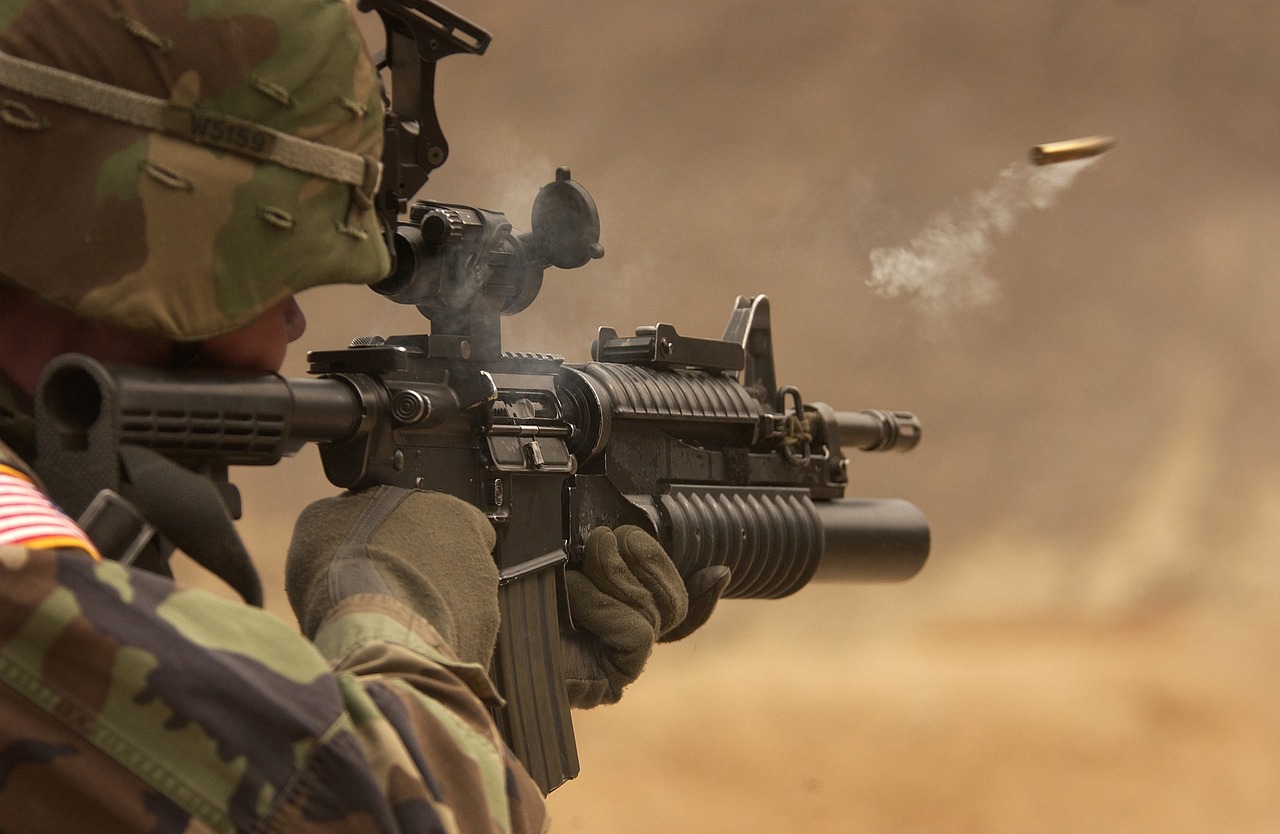
Wars are large-scale conflicts between groups, typically nations or states, involving organized military forces. These conflicts arise from disputes over various issues, such as territory, resources, power, ideology, or religious beliefs. Wars often result in significant destruction, loss of life, and long-term societal and economic impacts.
There are different types of wars, including:
1. "Civil Wars": Conflicts within a single country, often between different groups, factions, or regions.
2. "World Wars": Large-scale conflicts that involve multiple nations across the globe, such as World War I and World War II.
3. "Revolutionary Wars": Wars fought to overthrow a government or political system, often led by revolutionary movements.
4. "Proxy Wars": Conflicts where two opposing countries or groups support combatants that serve their interests rather than directly engaging in the conflict themselves.
5. "Guerrilla Wars": Conflicts characterized by small, mobile groups of combatants using irregular tactics to fight larger, more traditional military forces.
Wars can have various causes, including political, economic, social, and cultural factors, and they often have lasting consequences on the societies involved.
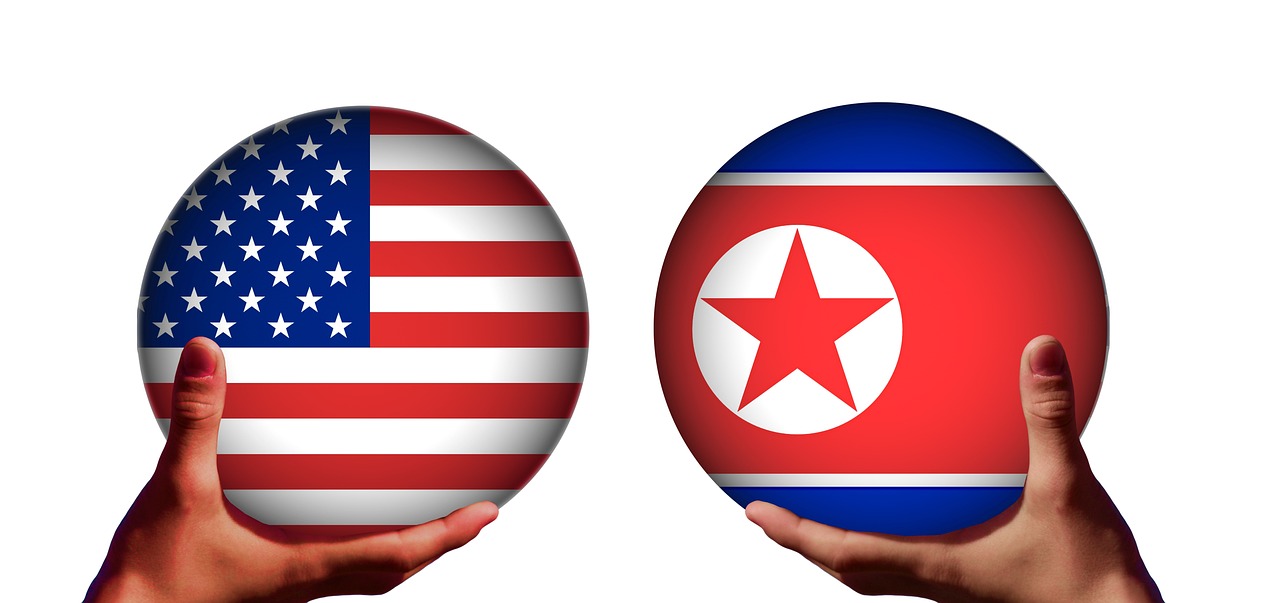
- Details
- By Sæbjörn Leafslayer
- Parent Category: War
- Category: Asia - Pacific
- 659
The reality of North Korea attacking another nation is a complex topic shaped by a mix of military capability, strategic calculations, and political rhetoric. While North Korea has consistently used aggressive language and demonstrated its weapons capabilities as part of its foreign policy, an actual attack on another country would carry tremendous risks for the regime, making it unlikely without extreme provocation. Here’s a breakdown of the key factors influencing North Korea’s potential for conflict:
Read more: The Complex Factors Influencing North Koreas Potential for Conflict

- Details
- By Sæbjörn Leafslayer
- Category: War
- 9739
For those of you who are convinced that things are so bad now that we are close to WW III or nuclear war, I think it's time for a history lesson. Below you will find some of the events that have happened in MY LIFETIME that I consider were far worse than a couple of border conflicts that are currently happening.
So here we go - in NO PARTICULAR ORDER.
Read more: Close calls with nuclear war are nothing new to history.
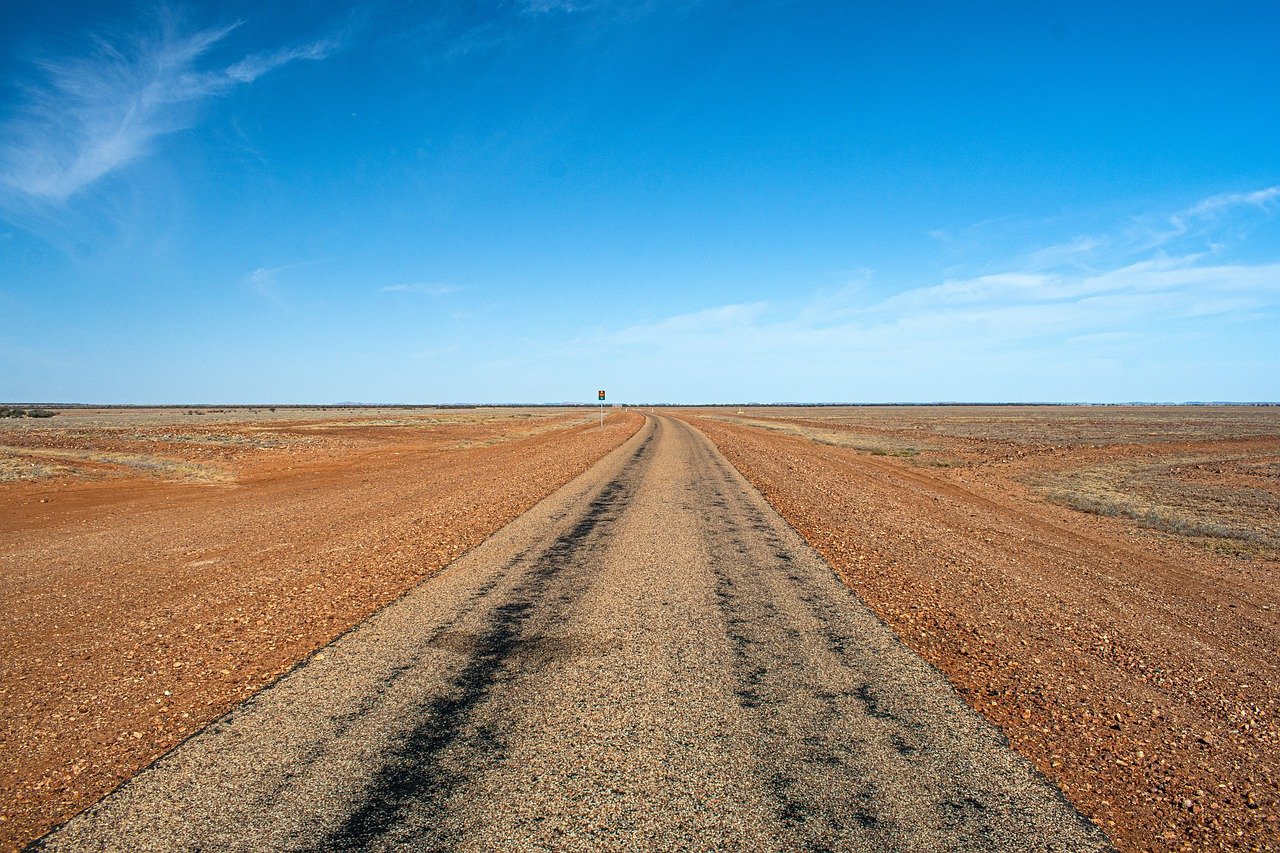
- Details
- By Sæbjörn Leafslayer
- Parent Category: War
- Category: Asia - Pacific
- 822
The notion of China launching an invasion of Australia is widely seen as highly unlikely for several reasons across military, geopolitical, logistical, and financial areas. Here's why such an incursion is considered improbable:
Read more: Why a Chinese invasion of Australia is highly unlikely
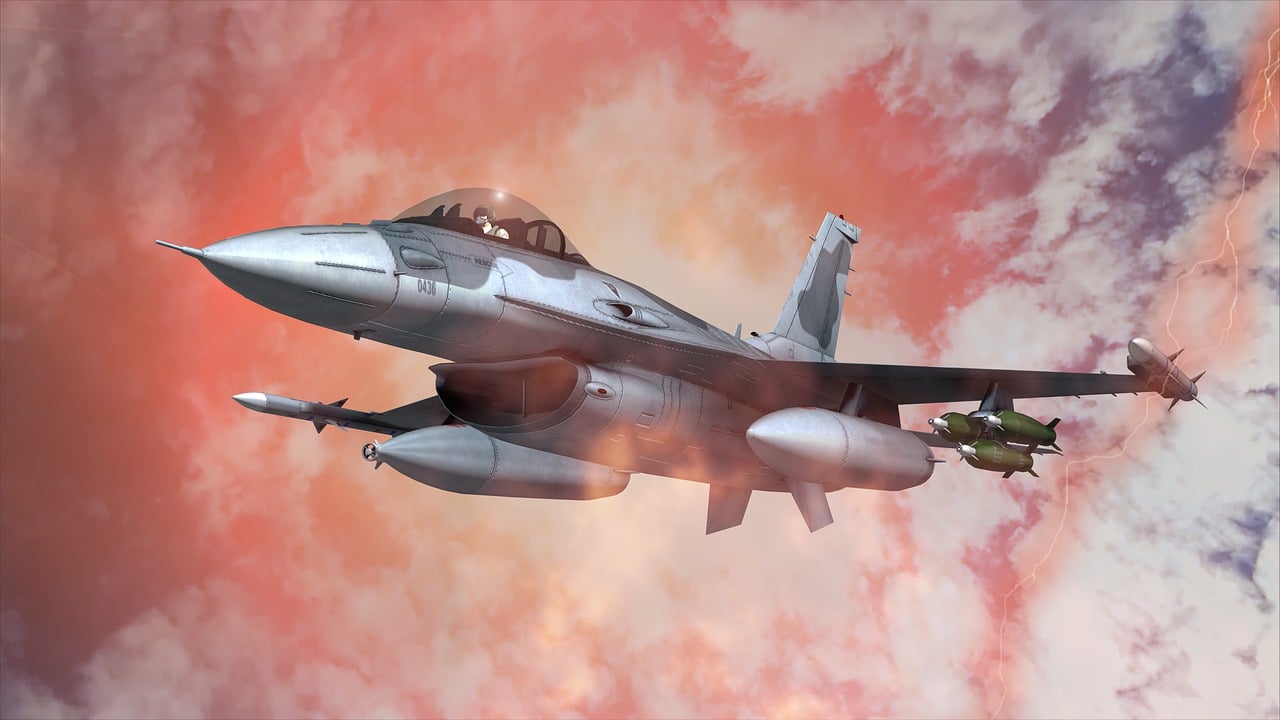
- Details
- By Sæbjörn Leafslayer
- Parent Category: War
- Category: Europe
- 757
Europe Is no stranger to war and conflict:-
After World War II, Europe saw significant political, economic, and social changes, with several conflicts and tensions shaping the continent. Below is an overview of key European conflicts and events from the post-WWII era:
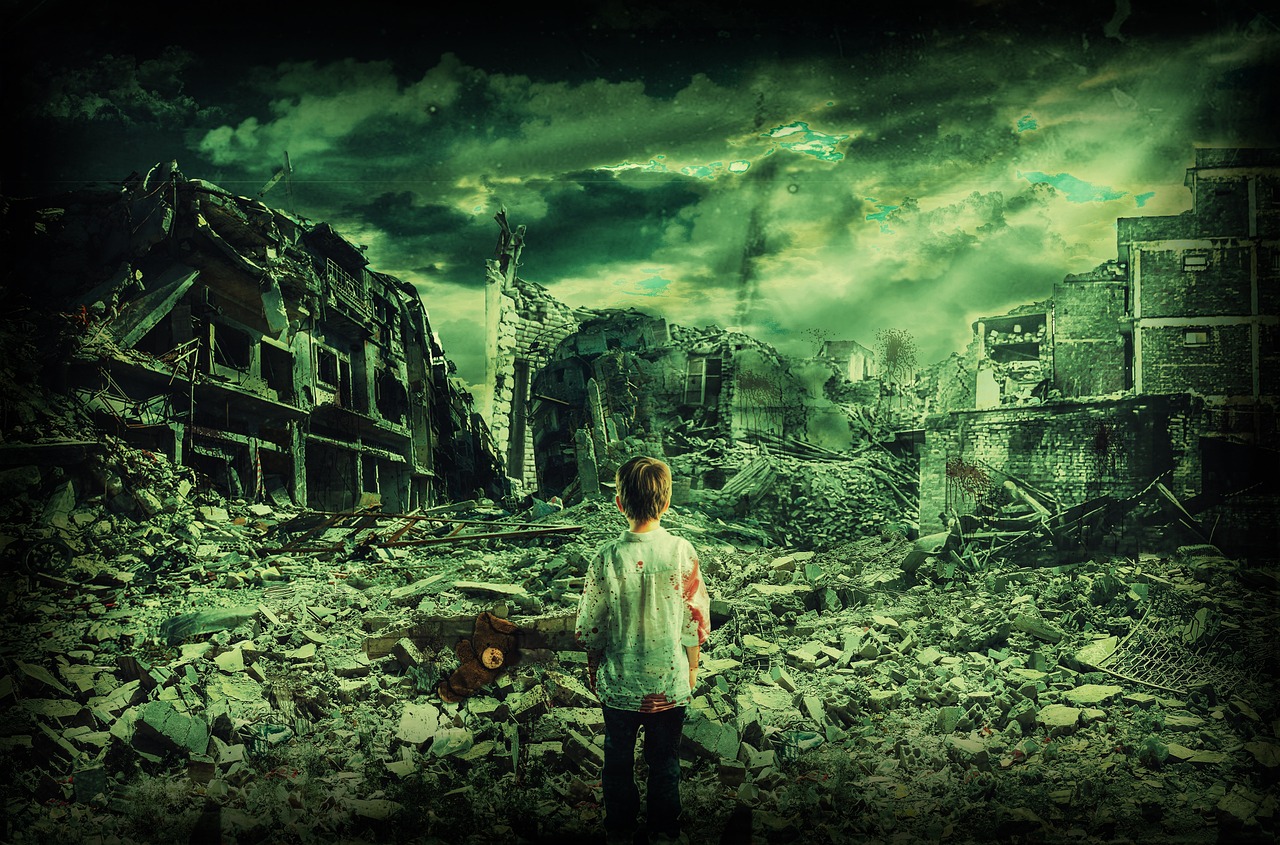
- Details
- By Sæbjörn Leafslayer
- Parent Category: War
- Category: Middle East
- 773
The Middle East has been a region of conflict for centuries due to its complex mix of ethnic, religious, political, and economic factors. Below is a timeline highlighting some of the major conflicts in the Middle East from the 20th century to the present:
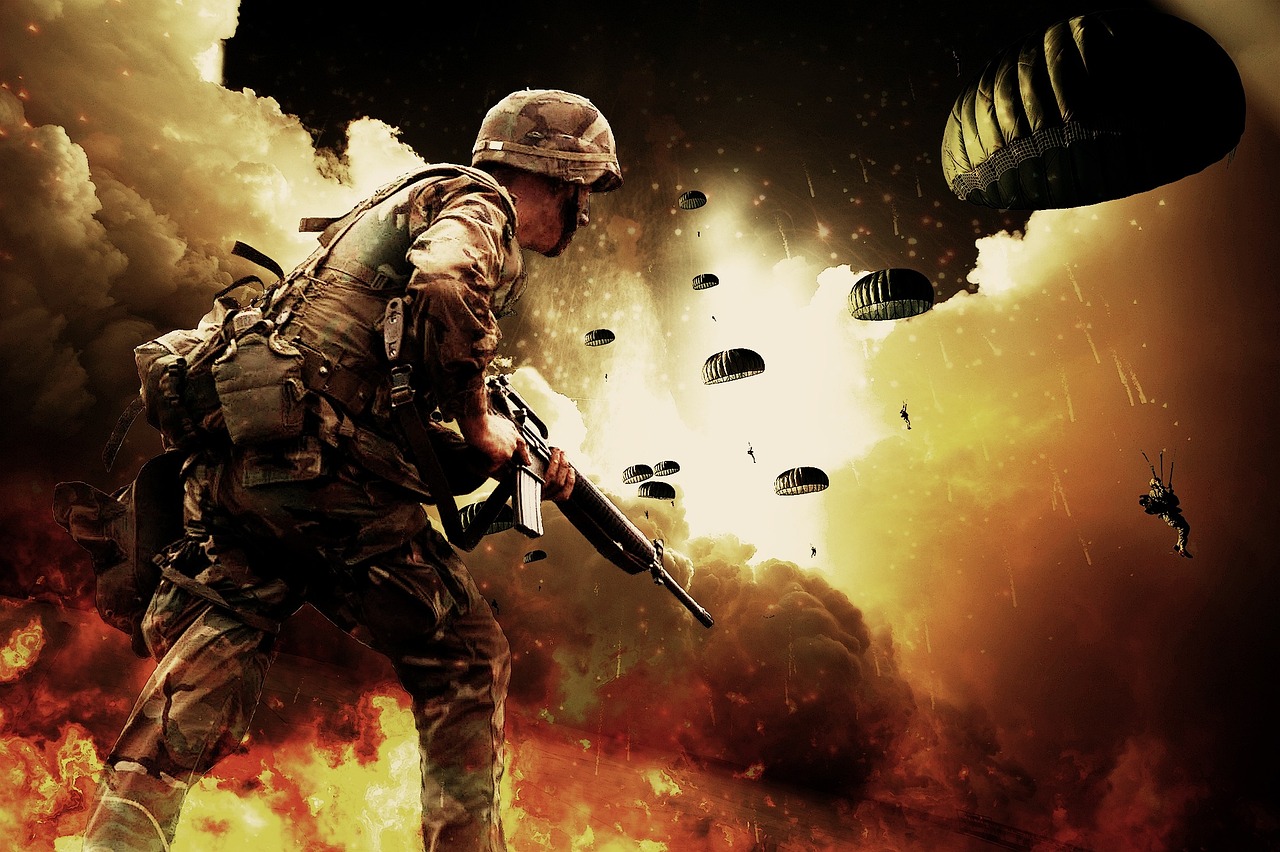
- Details
- By Sæbjörn Leafslayer
- Category: War
- 742
The risk of a World War is a serious concern, especially in a global environment marked by rising tensions, regional conflicts, and shifting alliances. However, the likelihood of such a conflict is influenced by multiple factors, including geopolitical dynamics, military strategies, economic conditions, and diplomatic efforts.
